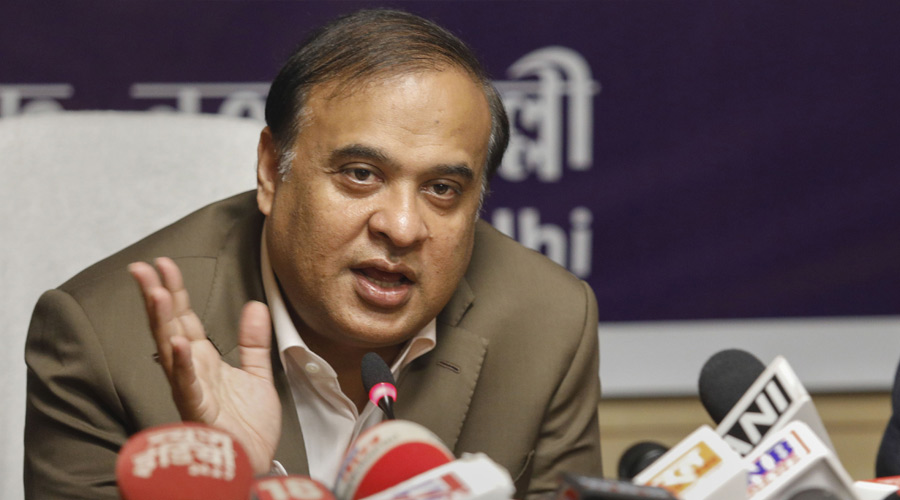A day after the chief minister of Assam, Himanta Biswa Sarma, asserted that his government would begin a ‘war’ on child marriage, the police launched a crackdown across the state, registering 4,074 cases under the provisions of The Protection of Children from Sexual Offences and The Prohibition of Child Marriage Acts. It has been reported that 2,044 people have been arrested within 24 hours. The number of arrestees — parents of brides, grooms, mullahs, qazis and pujaris — has since risen to nearly 2,300 as of early Monday. The Bharatiya Janata Party-led state government has justified this strong-arm tactic on the rationale that child marriages are alarmingly high in the state; the phenomenon is the principal driving force behind the worsening maternal and infant mortality rates. The fifth National Family Health Survey, conducted between 2019 and 2021, found that on an average, 31% of marriages in Assam are underage unions. The proportion of underage mothers and pregnant girls is 11.7% compared to the national average of 6.8%.
Any measure to eradicate this social malaise is, undoubtedly, welcome. But questions arise about the nature of the deterrence in this case. The data being used to rein in the perpetrators are reportedly marred with inconsistencies: many of Morigaon’s women, for instance, are allegedly not minors. Mr Sarma has assured that the crackdown is not aimed against any community; yet most detentions have taken place in districts with high Muslim and tribal populations. Disconcertingly, the punitive State operation, regardless of its noble aim, is leading to the break-up of families, leaving women and children vulnerable in the absence of mechanisms of protection. Child marriage is a deeply embedded social problem. Therefore, interventions to curb it need to be holistic, sustainable and, most important, humane. The arrests are likely to raise the legal burden — already 96% of child marriage cases are pending trial. The proposal to raise the age of marriage is equally harebrained. Greater public awareness complemented by schemes to improve education and employment opportunities for women could yield better results. For instance, research in 2022 showed that the Kanyashree Prakalpa — a flagship programme of the West Bengal government — has reduced child marriage by 6.7% by focusing on these aspects. Bengal, unlike Assam, achieved it without putting people behind bars.











